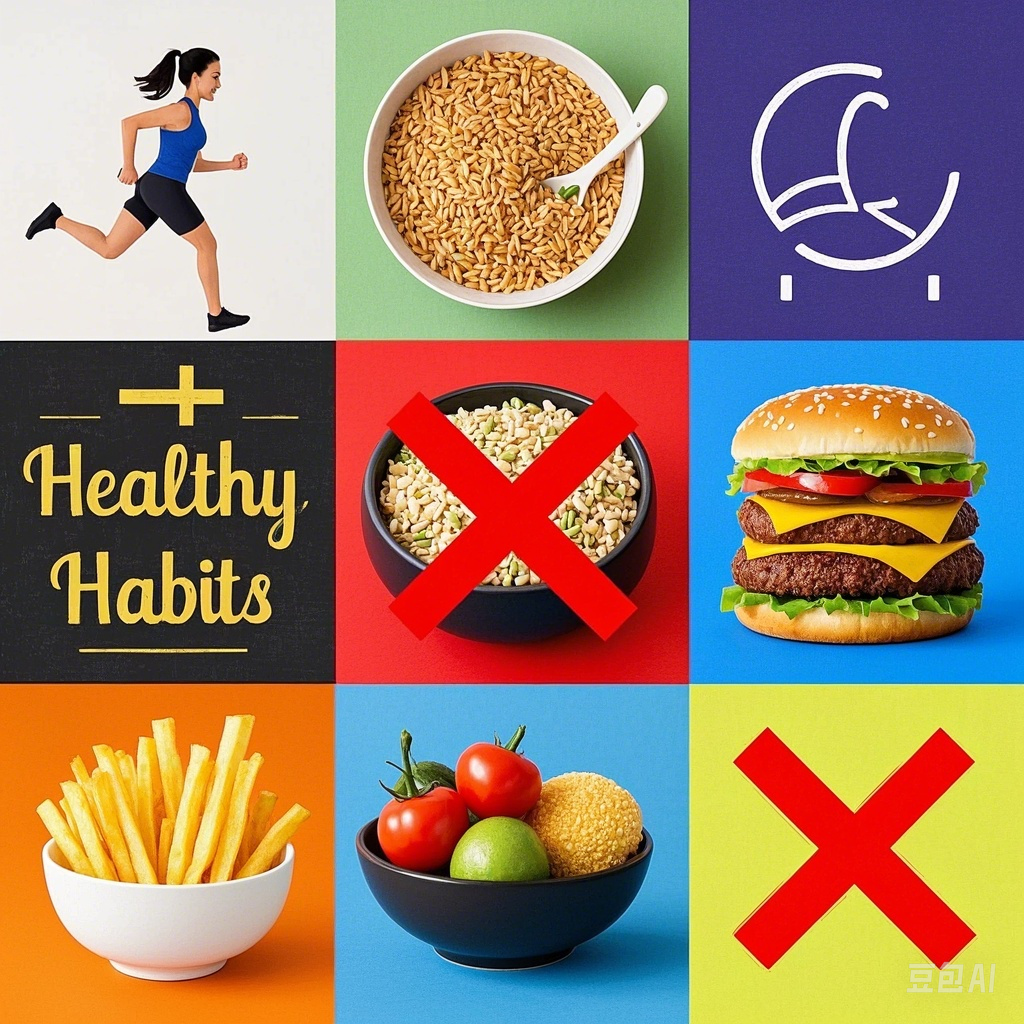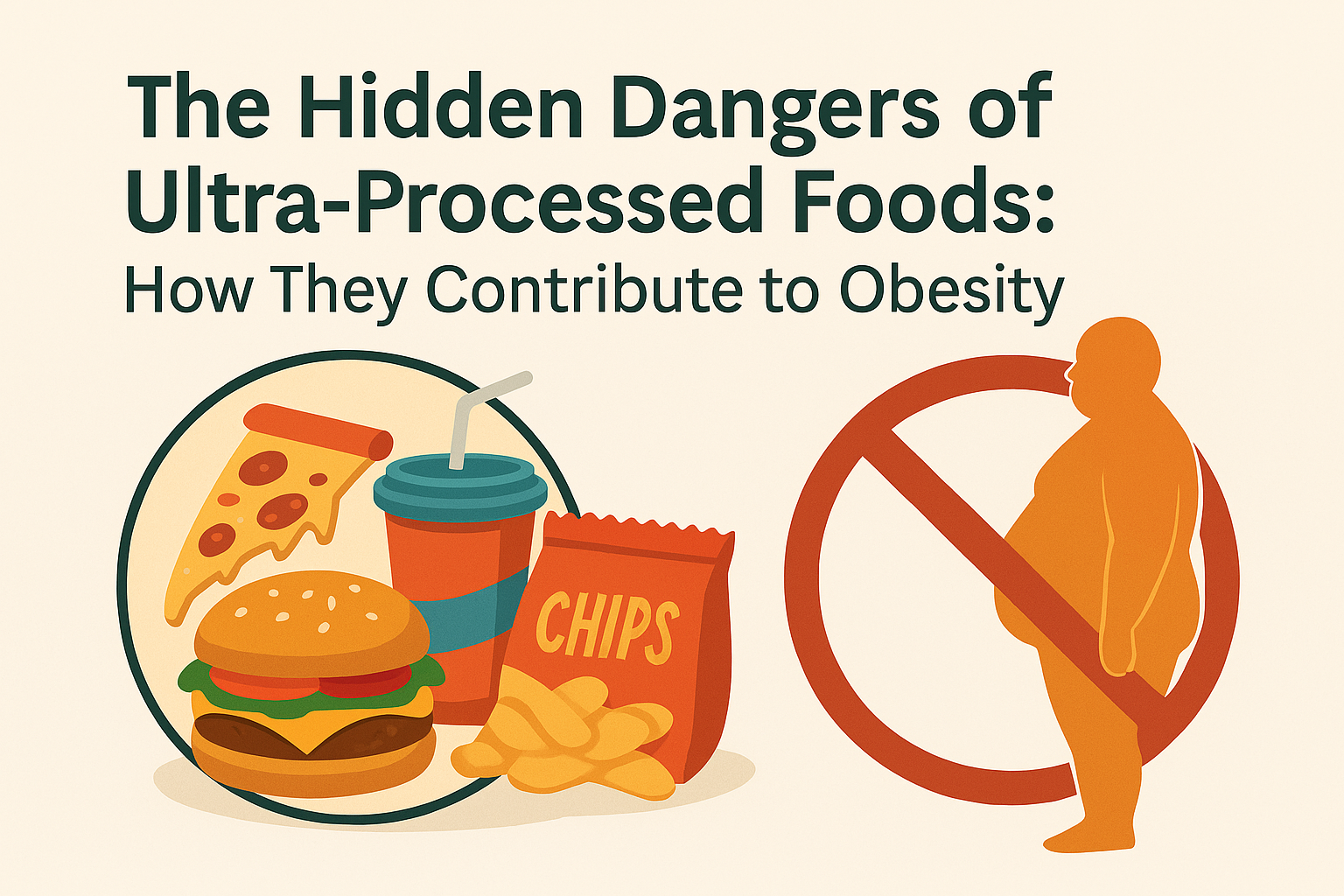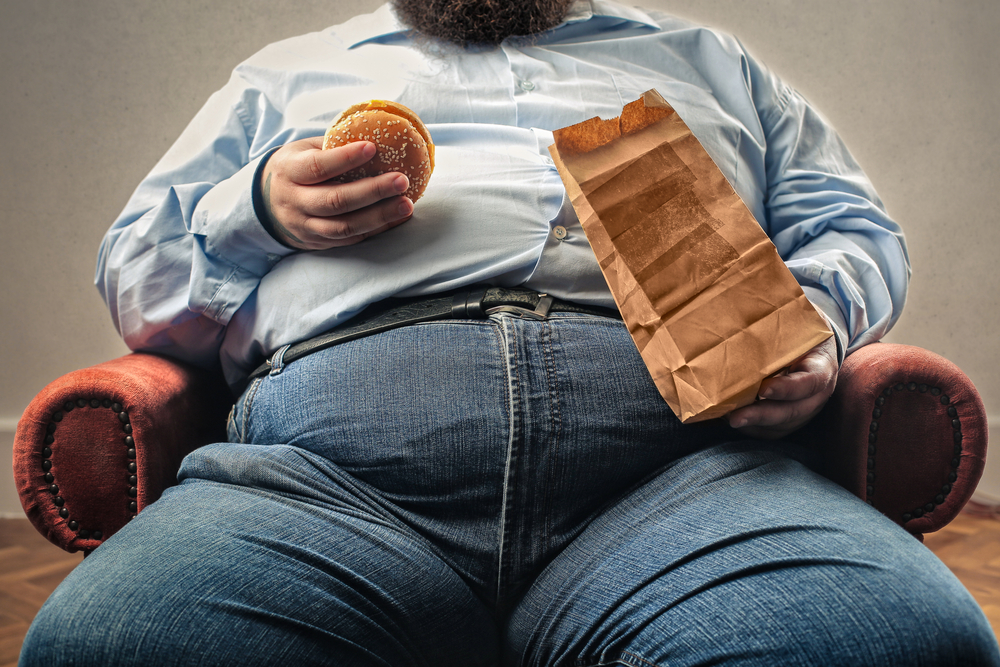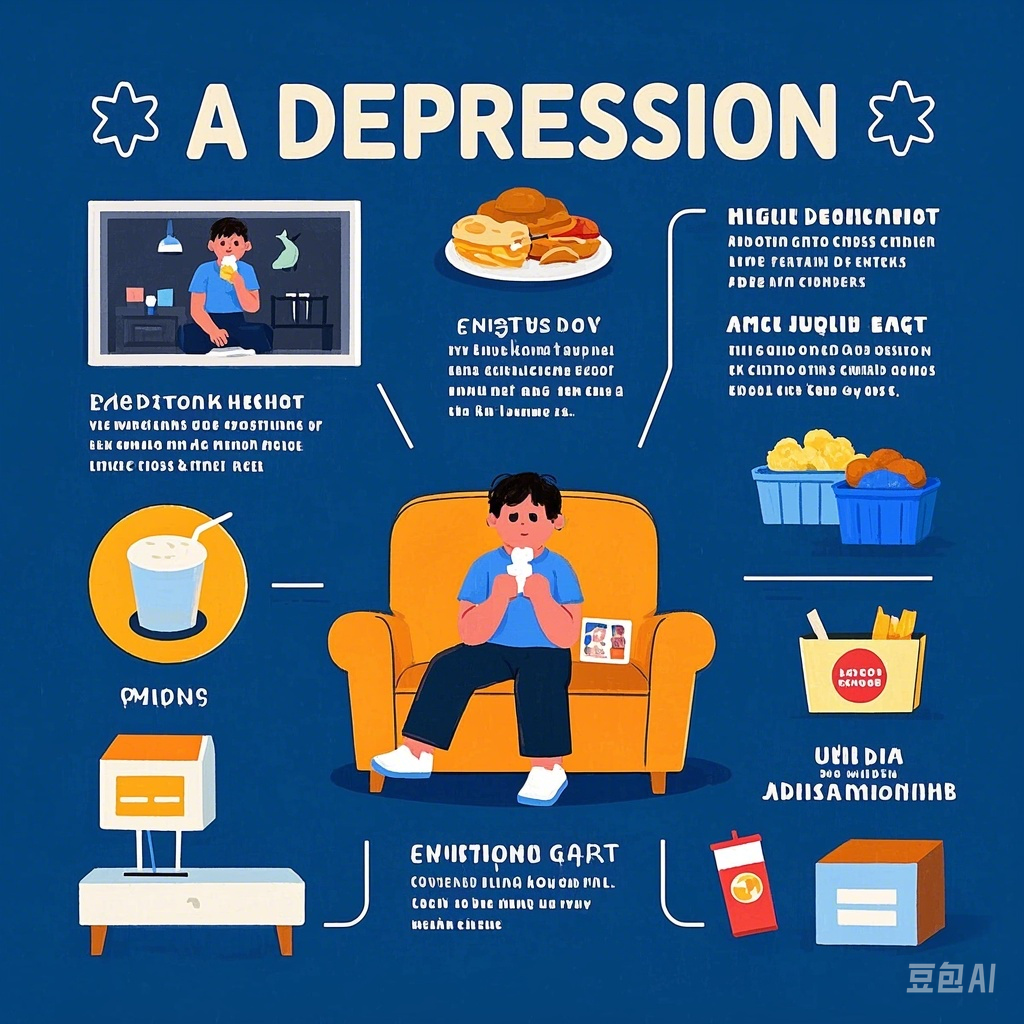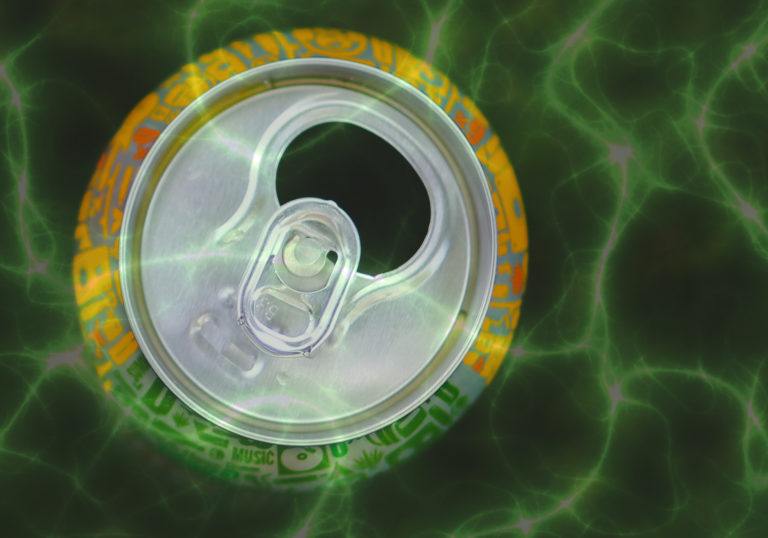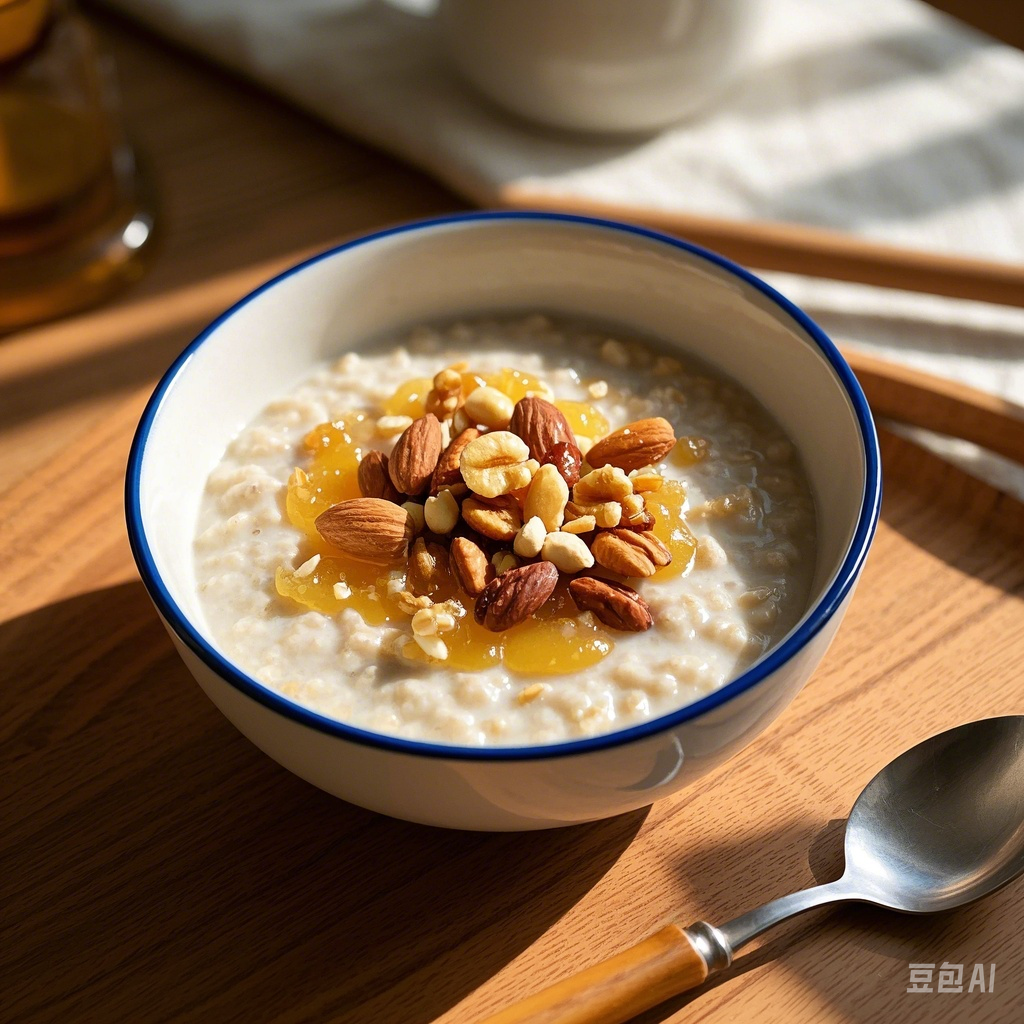NutritioBenefits
Sleep Deprivation’s Hidden Dangers - From Belly Fat to Dementia
The Sleep-Obesity Connection
Ever notice junk food cravings after a sleepless night? There’s science behind it:
- Sleep loss increases hunger hormones (ghrelin) and lowers fullness signals (leptin).
- Brain scans show heightened activity in reward centers for high-calorie foods.
- Night owls tend to snack more (extra awake hours = extra eating opportunities).
📉 Study Spotlight: Nurses sleeping ≤5 hours/night had the highest weight gain over 20 years.
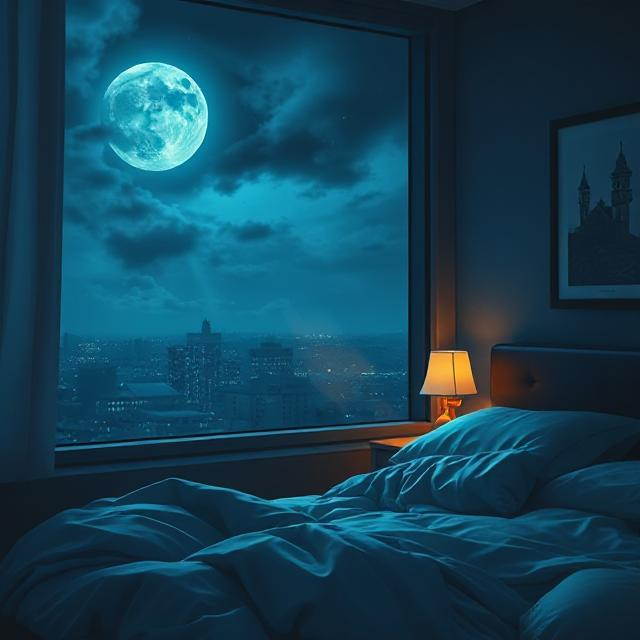
Beyond Weight: Chronic Disease Risks
- Diabetes:
- Just one week of poor sleep reduces insulin sensitivity.
- Sleep apnea (breathing interruptions) worsens blood sugar control.
- Heart Disease:
- Sleeping < 6 hours nightly doubles hypertension risk.
- Poor sleep increases artery-clogging inflammation.
- Mental Health:
- Insomnia sufferers are 5x more likely to develop depression.
- REM sleep helps process emotions—skipping it fuels anxiety.
- Dementia:
- Midlife sleep deprivation (≤6 hours) raises dementia risk by 30%.
- Deep sleep clears brain toxins linked to Alzheimer’s.
Shift Work & Sleep Disruption
Nightshift workers face unique challenges:
- Higher obesity rates (circadian rhythm disruption = metabolic chaos).
- Increased depression (social isolation + irregular sleep).
Practical Fixes:
- Blackout curtains + white noise machines.
- Meal prep to avoid late-night fast food.
Sleep Aids: Help or Hype?
- Melatonin: Works for jet lag but not chronic insomnia.
- Valerian Root: Mild effect (if you get a legit dose—many supplements are mislabeled).
- Prescription Pills: Risky long-term (addiction, memory issues).
🏆 Gold Standard Treatment: Cognitive Behavioral Therapy (CBT) for insomnia.
Key Takeaways
- Prioritize sleep like diet & exercise—it’s the third pillar of health.
- Watch your waistline: Belly fat loves sleep deprivation.
- Small changes matter: Even 30 extra minutes nightly improves health.
💤 Final Thought: Your brain cleans itself during sleep—don’t skip the nightly "detox"!


